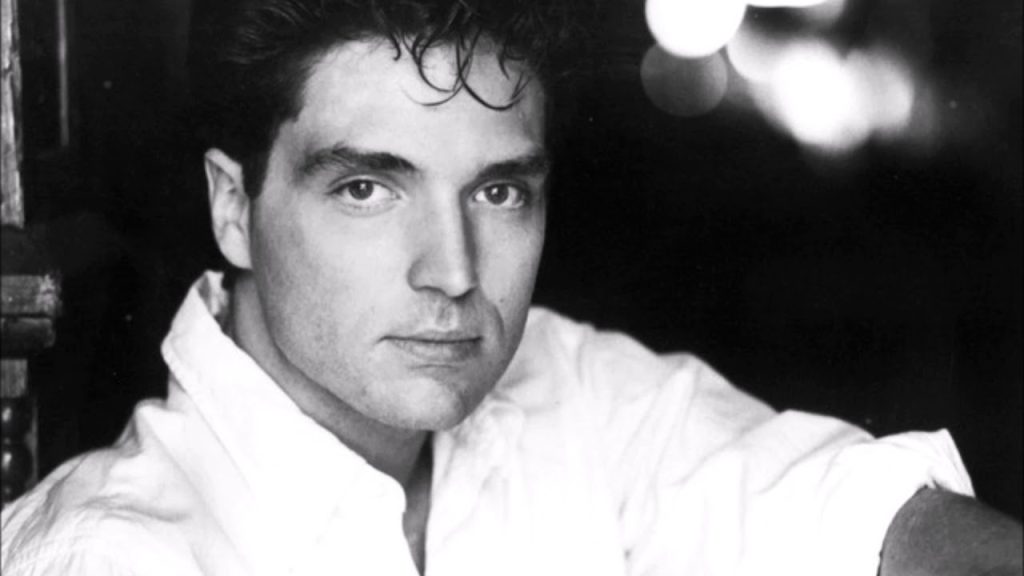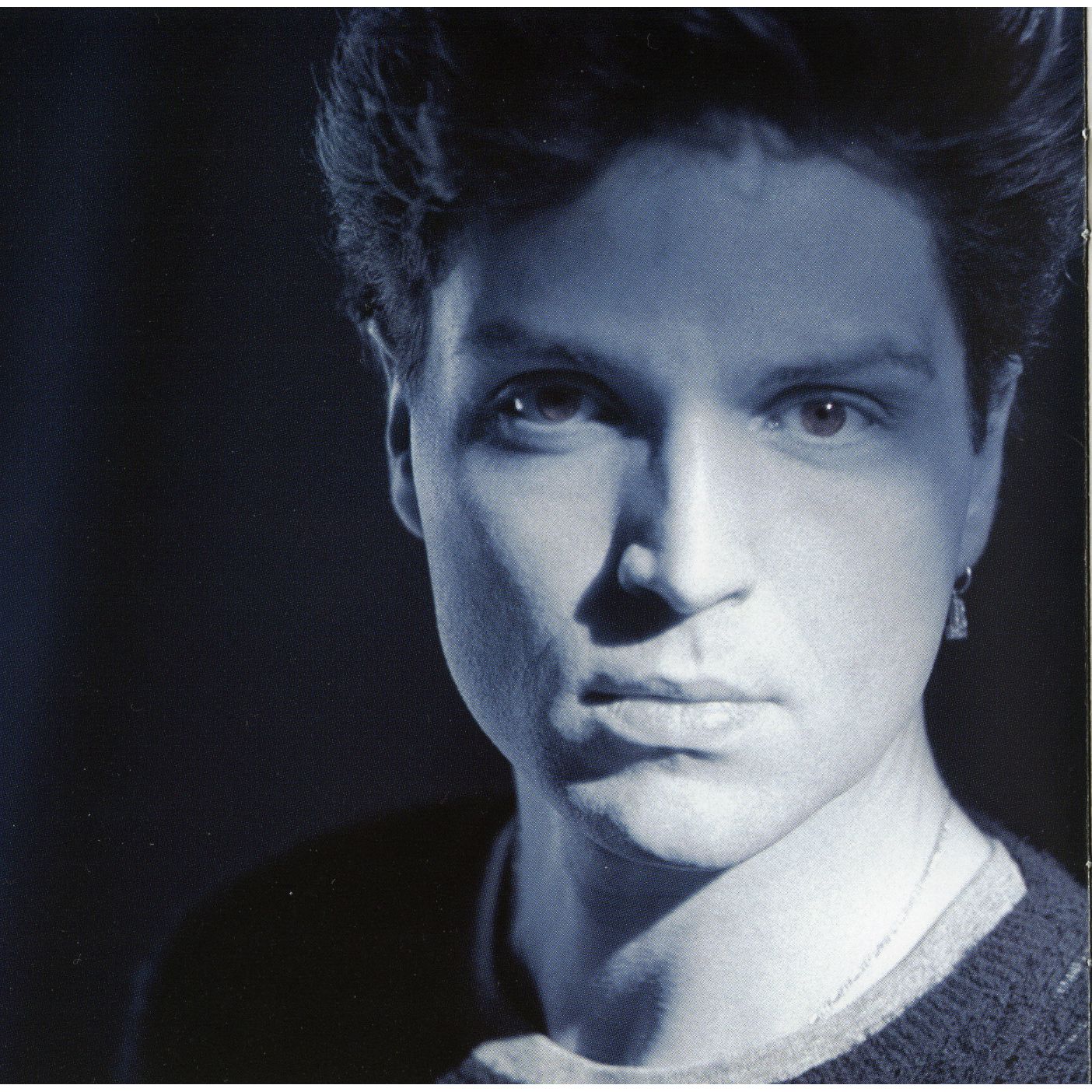
A Haunting Ballad of Mystery and Reflection
“Hazard” by Richard Marx is a song that has captivated listeners with its haunting melody and enigmatic storytelling since its release. Debuting in 1992, this track quickly carved a niche for itself, reaching the Top 10 in the US Billboard Hot 100 and hitting number one on the Adult Contemporary chart. It resonated deeply with audiences, not just for its catchy tune but for the mystery it unfolded—a tale that left many listeners pondering long after the music had faded.
At its core, “Hazard” is a narrative-driven song that tells the story of a man who feels alienated in his small town, Hazard, Nebraska. The lyrics paint a vivid picture of suspicion and wrongful accusation as he becomes entangled in the mysterious disappearance of a woman named Mary. The genius of Richard Marx lies in his ability to weave a story that’s open to interpretation, allowing each listener to draw their own conclusions about the protagonist’s innocence or guilt.
The inspiration behind “Hazard” reportedly came from Marx’s fascination with small-town life and the often-claustrophobic scrutiny that can accompany it. He masterfully encapsulates this feeling of isolation and misunderstanding through the song’s somber tone and reflective lyrics. There’s an undeniable cinematic quality to “Hazard,” almost as if Marx is inviting us into a noir film set against the backdrop of endless cornfields and winding rivers.
The accompanying music video further fueled the intrigue surrounding the song. Shot in sepia tones, it features Marx as the tormented protagonist trying to prove his innocence amid a swirl of gossip and conjecture. The video doesn’t resolve the mystery either, leaving viewers to grapple with their interpretations—much like an open-ended novel that refuses to neatly tie up its narrative threads.
For many older listeners, “Hazard” evokes a sense of nostalgia, not just for its early ’90s release but for its storytelling tradition reminiscent of classic ballads where lyrics were as important as melody. It harkens back to an era when songs were short stories set to music, encouraging deeper reflection rather than providing instant gratification.
The emotional pull of “Hazard” lies in its universal themes of longing for acceptance and understanding—feelings that resonate with anyone who’s ever felt like an outsider. It’s this timeless quality that ensures “Hazard” remains relevant even decades after its release, continuing to stir emotions and inspire discussions among new generations of listeners.
In essence, Richard Marx crafted more than just a song with “Hazard”; he created an enduring piece of musical storytelling that transcends time. Its mystery lingers in the mind long after the last note has played, urging us to consider not just what happened in Hazard, Nebraska, but also how we interpret tales of suspicion and solitude in our own lives.
